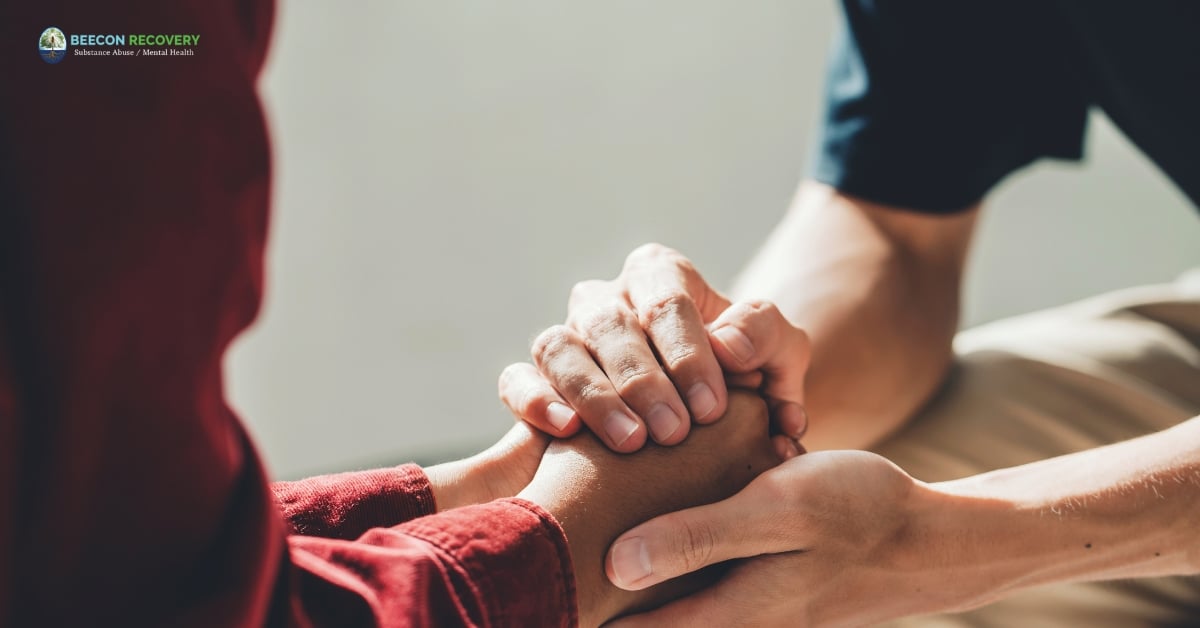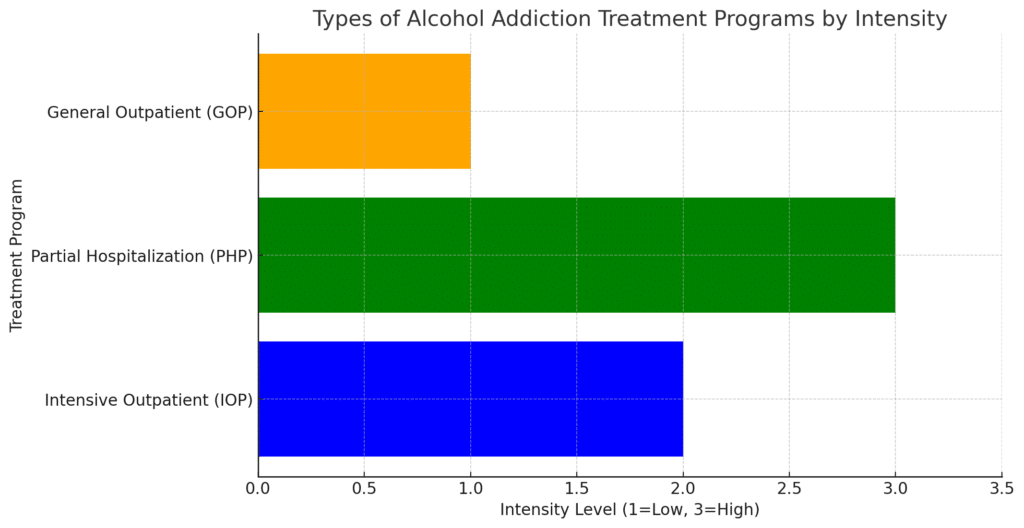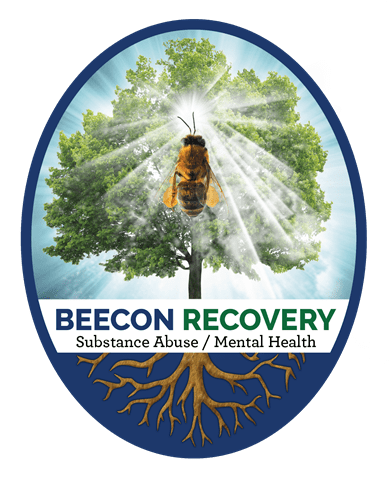
Understanding Alcohol Addiction
Alcohol addiction, also known as alcohol use disorder (AUD), affects millions of people and their families. It’s not just about drinking too much—it’s a chronic disease that impacts your brain, emotions, and behavior. If you or someone you love is struggling, know that recovery is possible with the right approach.
The Importance of Proper Treatment
Overcoming alcohol addiction isn’t just about stopping alcohol consumption; it’s about reclaiming your life, mental health, and future. Without professional guidance, relapse is common, making structured treatment essential for long-term success. Whether you need intensive therapy or flexible support, choosing the right alcohol recovery program is a critical step toward lasting change.
Types of Treatment Programs
Different levels of care are available based on the severity of addiction and personal circumstances. Finding the best alcohol addiction treatment means choosing the program that aligns with your needs.
Intensive Outpatient Program (IOP) |
Partial Hospitalization Program (PHP) |
General Outpatient Program (GOP) |
|---|---|---|
|
|
|
Evidence-Based Therapies
Successful recovery programs integrate scientifically backed treatment methods. Here’s what to look for in a high-quality alcohol recovery program:
Individual Counseling |
Group Therapy |
|---|---|
|
|
Family Support |
Medication Management |
|---|---|
|
|

Choosing the Right Program
Not all treatment options are the same. Selecting the right path requires careful consideration of individual needs.
Assessment Process |
Personalization Factors |
Level of Care Needed |
|---|---|---|
|
|
|
Success Factors in Alcohol Addiction Treatment
For long-term recovery, certain elements must be in place to maintain progress.
Comprehensive Approach |
Support Systems |
Aftercare Planning |
|---|---|---|
|
|
|
Getting Started on Your Recovery Journey
Taking the first step toward recovery is courageous, and the right support can make all the difference.
Initial Consultation |
Insurance Coverage |
|---|---|
|
|
Your Next Steps
If you’re ready to break free from alcohol addiction, don’t wait. The sooner you start, the sooner you can rebuild your life with clarity, strength, and purpose. Beecon Recovery is here to guide you every step of the way. Call (435) 239-8768 today and take the first step toward lasting sobriety.
- What is the Best Treatment for Alcohol Addiction? - January 31, 2025
- What Are The Benefits Of Drug Therapy? - July 5, 2023
- How To Tell If You Have A Problem With Alcohol - July 5, 2023


